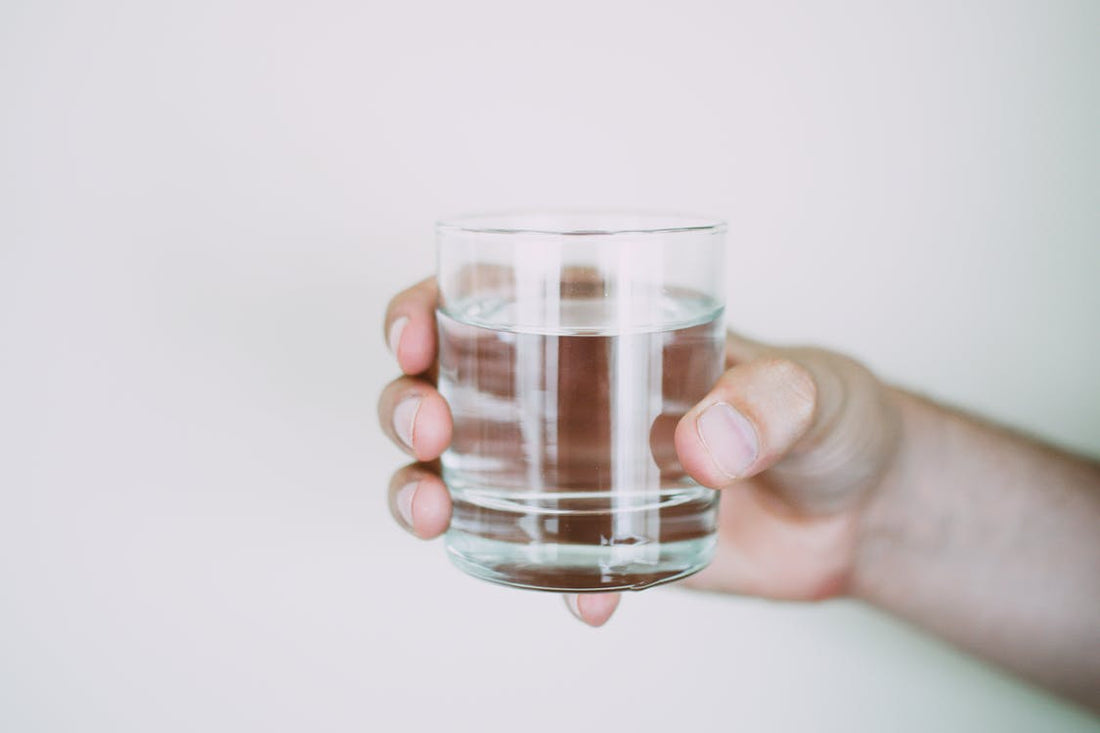Will I Need A Water Softener Living In Tucson, Arizona?
According to the geological survey map of the United States, Arizona is prone to hard water, so most of it is marked in red. This means a water softener is a major requirement in Tucson, Arizona. However, let’s learn more about water softeners and hard water. Hard water makes it difficult to take care of different tasks at home.
The good thing is that hard water doesn’t affect your health, but still, many people would prefer to have soft water in their homes. People use water softeners to get rid of hard water, but water softeners come with their fair share of advantages and disadvantages. Read further below and learn if you need a water softener living in Tucson, Arizona.
Why is The Water Hard in Tucson, Arizona?
Arizona suffers from a major issue of hard water. In plenty of Arizona cities, including Tucson, hard water is a major problem. Most of the water in Arizona is hard as the annual rainfall in Phoenix makes up only 7 inches. Hence, a majority of the public’s water supply comes from the Colorado River and other groundwater sources, also known as aquifers. Most groundwater comes from water sources that use wells. Depending on how deep the well is, water hardness can range from 200-10,000 PPM, which is quite a lot. This is why most regions in Arizona are prone to hard water. The water hardness level in Tucson is around 211, while other cities have a much higher water hardness level, like Phoenix.
How to Deal with Hard Water in Tucson, Arizona?
When it comes to dealing with hard water issues in Tucson, Arizona, the solutions depend on the water source. It’s always a good idea to test your water supply to make sure it doesn’t contain any pathogens. Testing water is not that expensive, and it doesn’t take very long either. Water quality test results can help you understand whether or not your portable water source has issues that need fixing. Getting a water filtration system or a reverse osmosis system is a great way to deal with hard water.
When using a water softener, many people don’t realize that they are removing all the magnesium and calcium from their drinking water. Using water softeners to treat hard water is the conventional way to deal with hardness issues. In fact, you’re adding more salt to your diet by using a water softener, which can lead to further health issues in the future. This is one of the many reasons many states like California have banned the use of water softeners.
There are many alternate water softening methods available, such as Hydropath technology. These are also known as water conditioners. It acts as an eco-friendly alternative to water softeners and helps power the Hydraflow water conditioners. Consequently, it deals with hard water issues immediately. This type of technology may be the best solution, but many people still prefer using water softeners. If you want a cost-effective and eco-friendly alternative, this technology is the best solution to your water hardness issues.
What are The Disadvantages of Hard Water?
Hard water comes with many disadvantages, most of which can end up affecting your home rather than your health. Hard water contains high levels of calcium and magnesium, which can cause mineral build-up and scale. The problem mainly affects your dishwasher, plumbing, water heater, and other home appliances. This can end up requiring regular maintenance and fixture replacement, and you may have to end up buying new appliances frequently.
Other than this, hard water can also stain glass, dishes, shower fixtures and clog your sink. You may also notice a lot of changes in your hair, as using hard water to wash your skin and hair affects it negatively. Overall, hard water can cause its fair share of damage. In a place like Tucson, Arizona, where hard water is so common, it is natural to prefer a water softener to solve all your hard water home issues.
Water Softener Treatment
There are many types of water softener treatments available to help deal with hard water. The different types of treatment include:
- Salt-free systems: These use ion exchange to soften water but use potassium chloride instead. This doesn’t leave your water salty.
- Salt-based systems: This type of system uses salt and resin balls to help with the transfer of magnesium and calcium.
- The reverse osmosis filtration system also helps remove chloride from softened water. However, this requires the filtration process.
How Do They Work?
When using a water softener, this is first installed in the spit where the water enters your house and helps get rid of all the minerals before they can enter your home’s plumbing system. The water softener is able to get rid of the minerals with the help of the ionization process, which encourages an exchange of chloride and magnesium ions for potassium and sodium ions. This exchange depends on the treatment methods as water can have very high levels of salt at some times. Usually, homeowners combine the water softening system with a filtration system to remove all the salt ions.
The Bottom-Line
If you’re living in Tucson, Arizona, it is most likely that you will need a water softener. You can also look at the other alternatives if you’re not completely comfortable with water softeners. It is better to deal with the issues that crop up due to hard water before they get worse and ruin everything around your house. For the best water filtration system services, make sure to get in touch with https://filtersmart.com/






